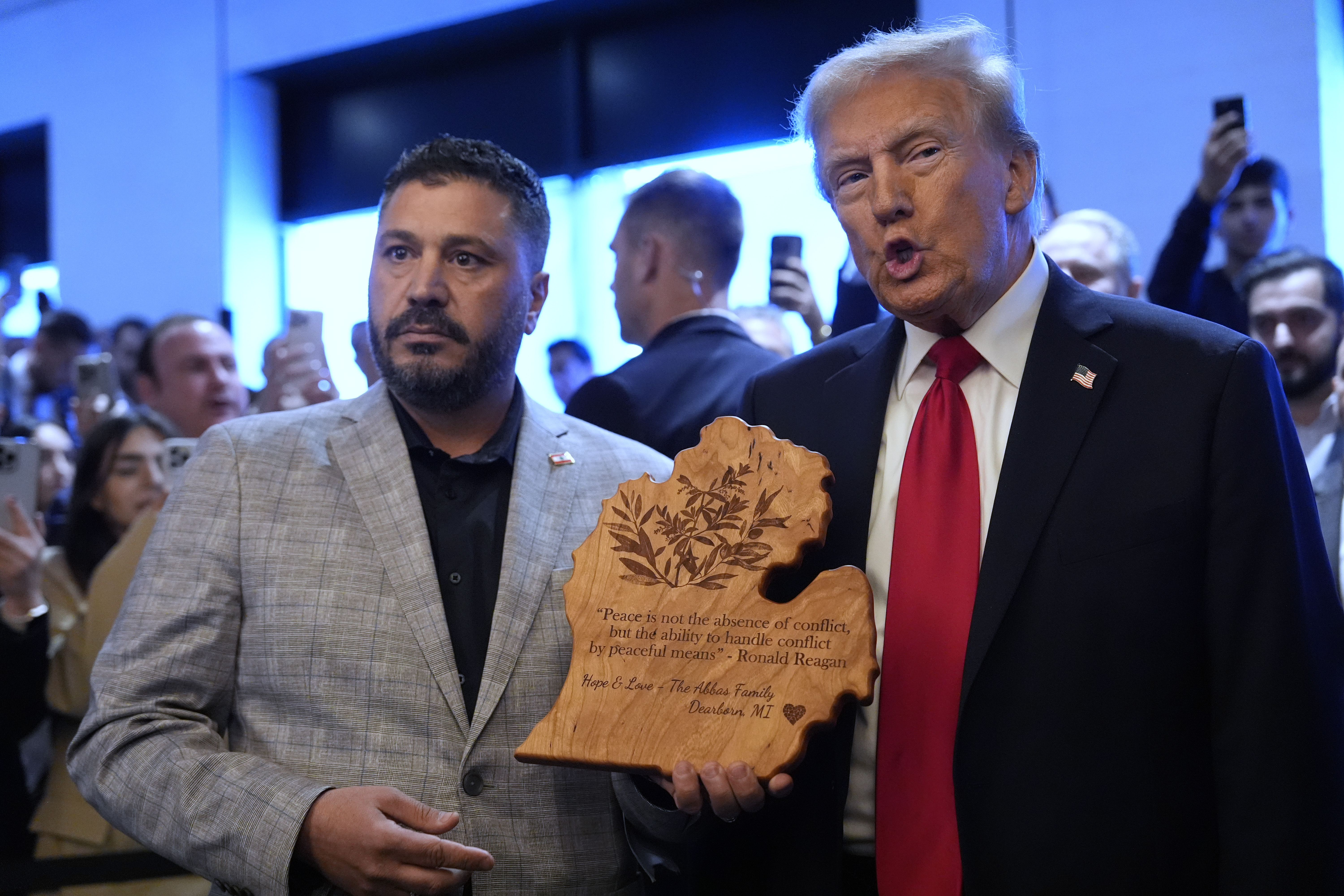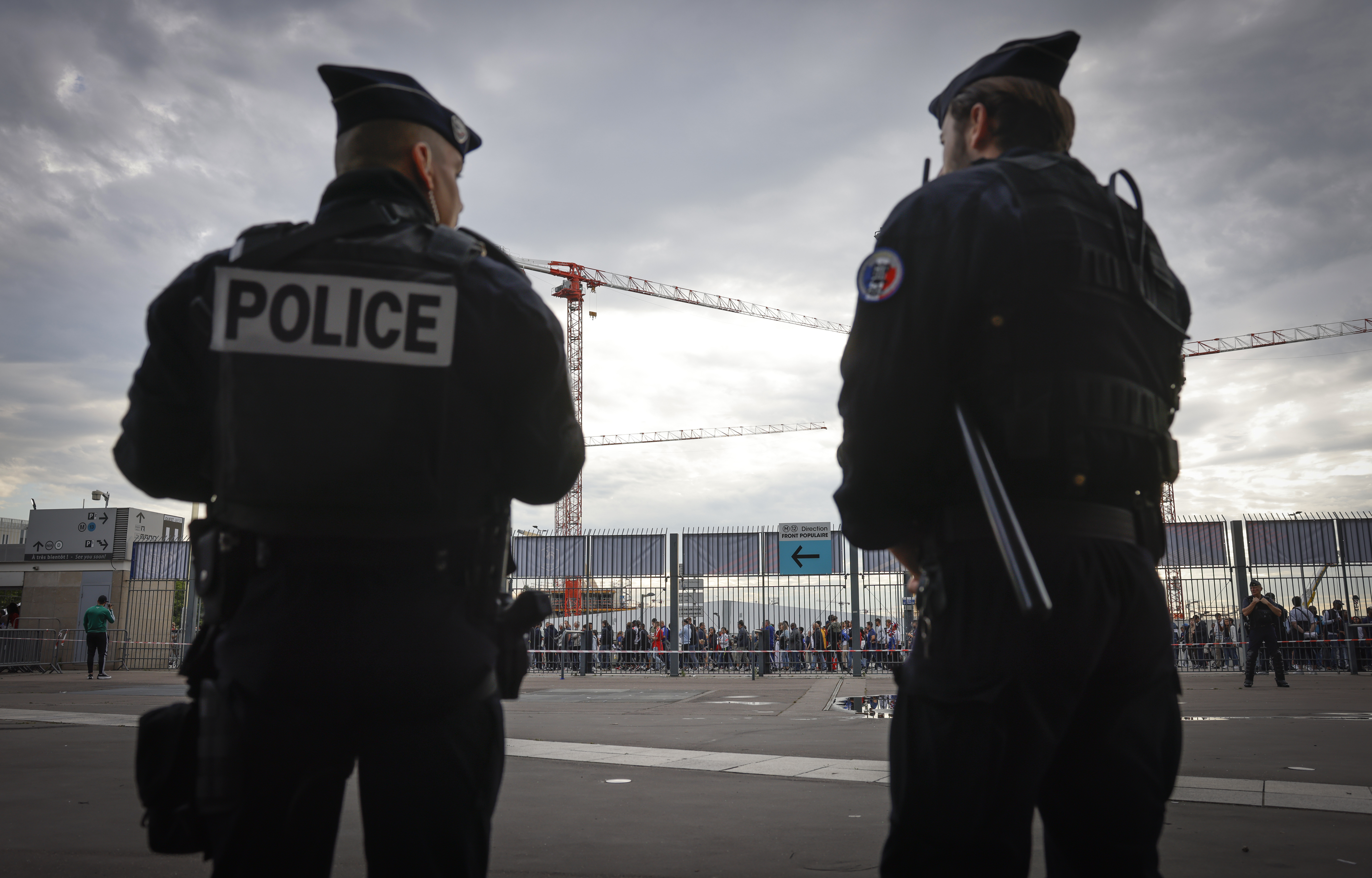The governor signed legislation Wednesday making Virginia the 23rd state to abolish the death penalty, a dramatic shift for the commonwealth, which had the second-highest number of executions in the U.S.
The bills were the culmination of a yearslong battle by Democrats who argued the death penalty has been applied disproportionately to people of color, the mentally ill and the poor. Republicans argued that the death penalty should remain a sentencing option for especially heinous crimes and to bring justice to victims and their families.
Virginia’s new Democratic majority, in full control of the General Assembly for a second year, won the debate last month when both the Senate and House of Delegates passed the measures banning capital punishment.
Gov. Ralph Northam, a Democrat, signed the House and Senate bills in a ceremony under a tent Wednesday after touring the execution chamber at the Greensville Correctional Center, where 102 people have been put to death since executions were moved there from the Virginia State Penitentiary in the early 1990s.
Get top local stories in San Diego delivered to you every morning. Sign up for NBC San Diego's News Headlines newsletter.
“There is no place today for the death penalty in this commonwealth, in the South or in this nation,” Northam said shortly before signing the legislation.
Northam said the death penalty has been disproportionately applied to Black people and is the product of a flawed judicial system that doesn’t always get it right. Since 1973, more than 170 people around the country have been released from death row after evidence of their innocence was uncovered, he said.
U.S. & World
Northam recounted the story of Earl Washington Jr., a Black man who was sentenced to death after being wrongfully convicted of rape and murder in Virginia in 1984. Washington spent more than 17 years in prison before he was exonerated. He came within nine days of being executed.
“We can’t give out the ultimate punishment without being 100% sure that we’re right, and we can’t sentence people to that ultimate punishment knowing that the system doesn’t work the same for everyone,” Northam said.
Virginia has executed nearly 1,400 people since its days as a colony. In modern times, the state is second only to Texas in the number of executions it has carried out, with 113 since the Supreme Court reinstated the death penalty in 1976, according to the nonprofit Death Penalty Information Center.
Only two men remain on Virginia’s death row: Anthony Juniper, who was sentenced to death in the 2004 slayings of his ex-girlfriend, two of her children, and her brother; and Thomas Porter, who was sentenced to die for the 2005 killing of a Norfolk police officer. Their sentences will now be converted to life in prison without parole.
In addition to the 23 states that have now abolished the death penalty, three others have moratoriums in place that were imposed by their governors.
Republican Virginia Del. Jason Miyares, a death penalty supporter, expressed disappointment in the new law.
“I think fundamentally it's going to make Virginia less safe, less secure,” said Miyares, a former prosecutor who is running for state attorney general. “You have these cases that can only be defined by cruelty. In these very few cases, I think the ultimate punishment should be available to prosecutors for the ultimate crime."
Robert Dunham, executive director of the Death Penalty Information Center, and a death penalty opponent, said abolishing executions in Virginia could mark the beginning of the end for capital punishment in the South, where the highest number of prisoners are put to death.
“Virginia’s death penalty has deep roots in slavery, lynchings and Jim Crow segregation,” said “The symbolic value of dismantling this tool that has been used historically as a mechanism for racial oppression by a legislature sitting in the former capital of the Confederacy can’t be overstated.”
During Northam's tour of the death chamber, he was shown the wooden chair where death row inmates were electrocuted and a metal gurney where they were given lethal injections. He also saw the holding cells where they spent the final days of their lives and had their last meals.
“It is a powerful thing to stand in the room where people have been put to death,” Northam told the crowd of lawmakers and death penalty opponents who attended the bill-signing ceremony.
“I know that experience will stay with me for the rest of my life, and it reinforced (to) me that signing this new law is the right thing to do. It is the moral thing to do — to end the death penalty in the Commonwealth of Virginia,” he said.



